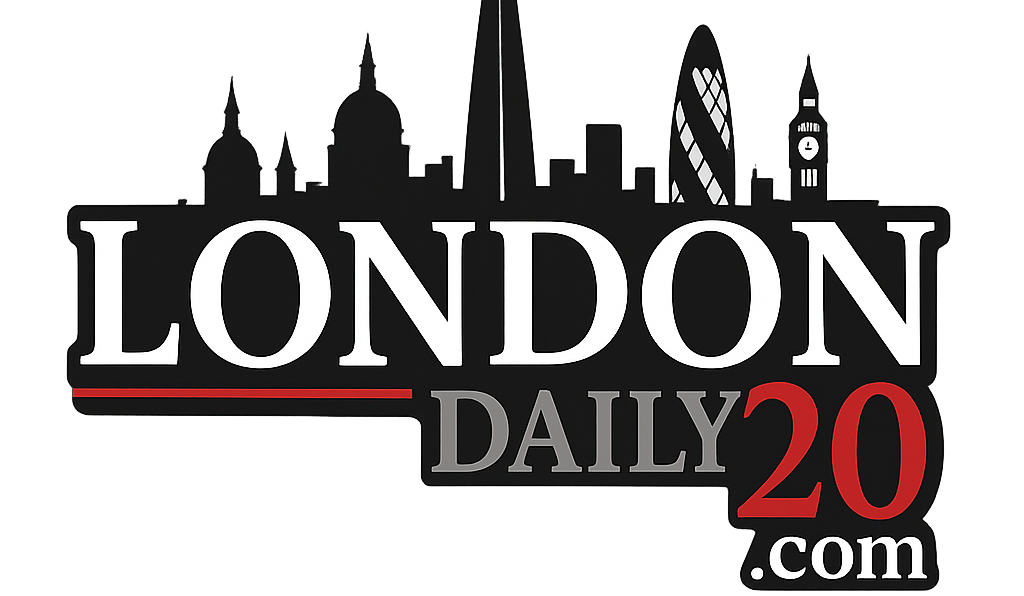Trump’s victory over PBS and NPR ‘bias’ will be ‘devastating’ for rural areas, station leaders say

President Trump’s cuts to public media funding “will be especially devastating to smaller stations and those serving large rural areas,” PBS’s CEO said Thursday. Kayla Bartkowski/Getty Images
CNN
—
Public television stations will be “forced to make hard decisions in the weeks and months ahead,” PBS CEO Paula Kerger said Thursday, after the Senate voted in the middle of the night to approve a bill that cancels all the federal funding for the network and for NPR.
Radio and TV stations may need to lay off staffers and cut back on programming. Popular shows like “Daniel Tiger’s Neighborhood” may reach fewer people. Big Bird of “Sesame Street” fame isn’t going away, but the financial system that supported him for decades is being stripped away.
Once the House passes the bill, as expected, the Corporation for Public Broadcasting’s budget will be zeroed out for the first time since 1967, back when television stations still broadcast in black and white.
It is a long-sought victory for President Trump, who has harshly accused PBS and NPR newscasts of being “biased,” and a long-dreaded disruption for local stations that bank on taxpayer support.
The precise effects are hard to predict because other funders may fill in some of the gaps. However, public media executives say that some smaller broadcasters will be forced off the air in the months and years to come.
Get Reliable Sources newsletter
Sign up here to receive Reliable Sources with Brian Stelter in your inbox.
That’s because stations in rural areas and smaller communities tend to rely more heavily on the federal subsidy. Stations in larger markets typically have a wider variety of other funding sources, like viewer donations and foundation support.




